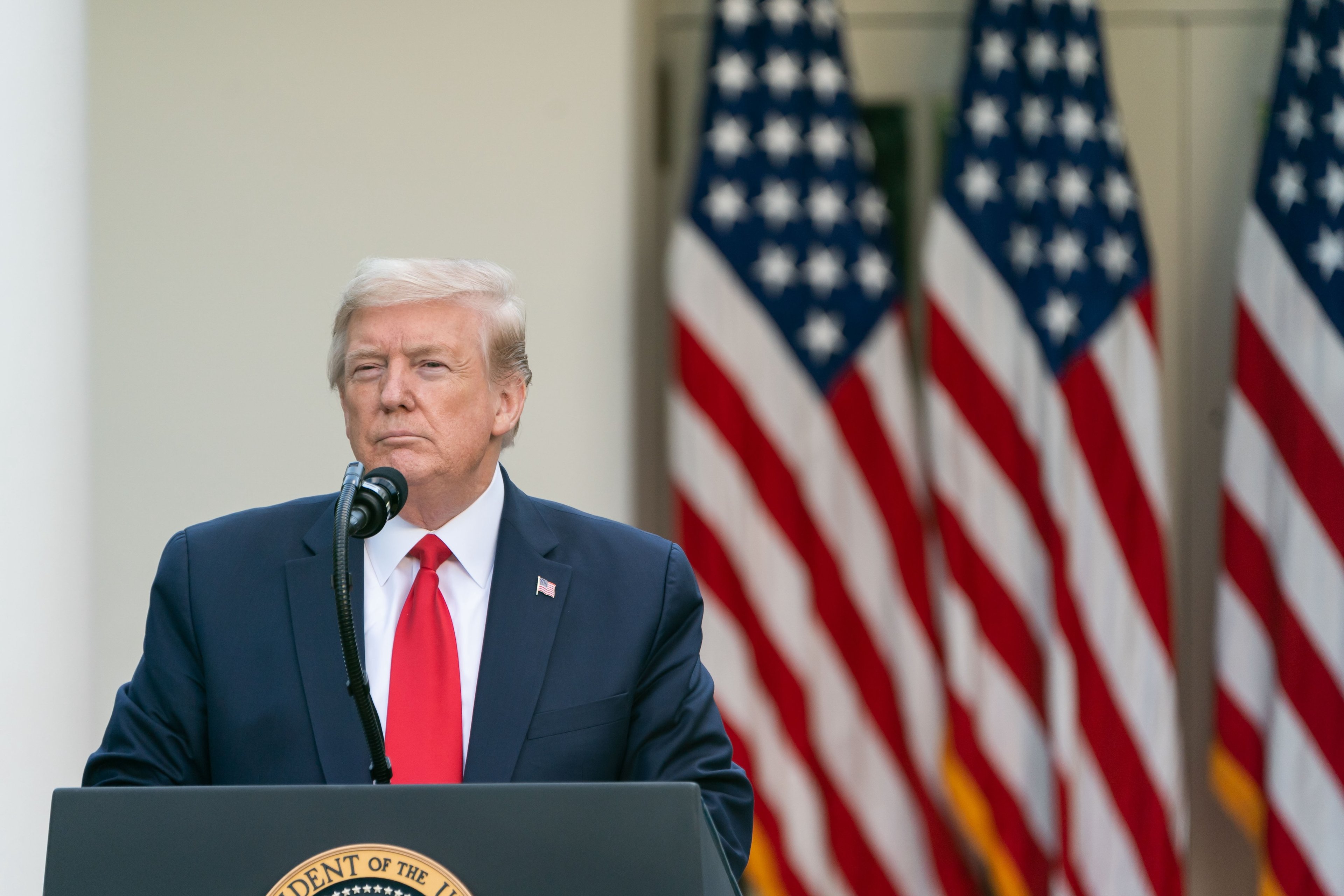Aluminum producer Alcoa (AA +0.00%) may not be the bellwether of the global economy that it once was. However, that didn't seem to matter to investors who were thrilled that earnings season kicked off on a positive note. By simply meeting Wall Street's profit and revenue expectations, Alcoa signaled to noted Street pundits that their pessimism may be unwarranted.
For the day, the broad-based S&P 500 (^GSPC +0.26%), which counts Alcoa as one of its 500 components, rose a modest 3.87 points (0.27%) to finish the day at 1,461.02.
Although Alcoa's end result was less than impressive, ending the day down 0.2%, there were plenty of other standouts willing to take its place in the plus column.
Leading the charge higher was hard-disk drive maker Seagate Technology (STX +0.00%), whose preliminary second-quarter results were well ahead of expectations. For the quarter, Seagate anticipates that revenue will be at least $3.6 billion, as it shipped almost 58 million hard drives during the quarter. Unfortunately, Seagate also noted that price weakness will continue for the immediate future despite its forecast for gross margin over 27%. The way I see it, as long as spending continues to ramp up on cloud computing, the need for storage space, like what Seagate and peer Western Digital (WDC +3.30%) offer, is also only going to increase.
One of the greatest symbols of Americana, Harley-Davidson (HOG +0.10%), had a particularly nice day, advancing 4% following positive comments from Citigroup. According to Citigroup, its research would suggest that Harley-Davidson's U.S. retail sales are on pace to increase by 6% to 8% in the fourth quarter. Furthermore, Citi noted that inventories have seen a slight rise as economic visibility has increased and kept its "buy" rating on the company. As much as I love a hog, I can't say I see the same value in Harley-Davidson that Citigroup does.
Plane manufacturer Boeing (BA +2.12%) also had a nice rebound, gaining 3.6%, after dealing with a slew of bad publicity in recent days, after a 787 caught fire at Boston's Logan Airport. The primary impetus for the rise was comments from Boeing that it has extreme confidence in the safety of its 787 line. Although the precise cause of the fire is still being investigated, Mike Sinnett, Boeing's chief engineer for the 787, allayed fears with his description of how the batteries are designed to prevent overheating and how the area surrounding the battery is designed to withstand the heat from a fire. Now shareholders can turn their attention to more pressing issues, like a looming strike between it and the Society of Professional Engineering Employees in Aerospace, which my Foolish colleague Rich Smith has been covering.








